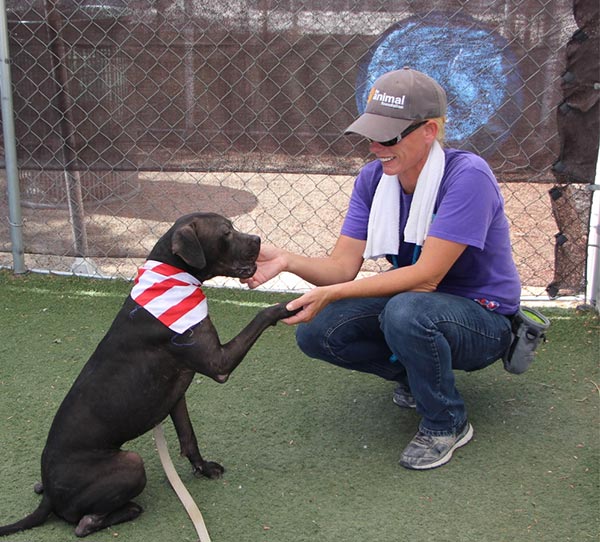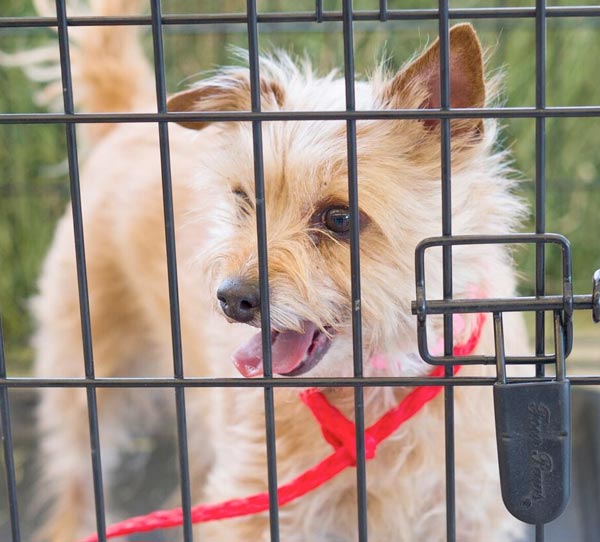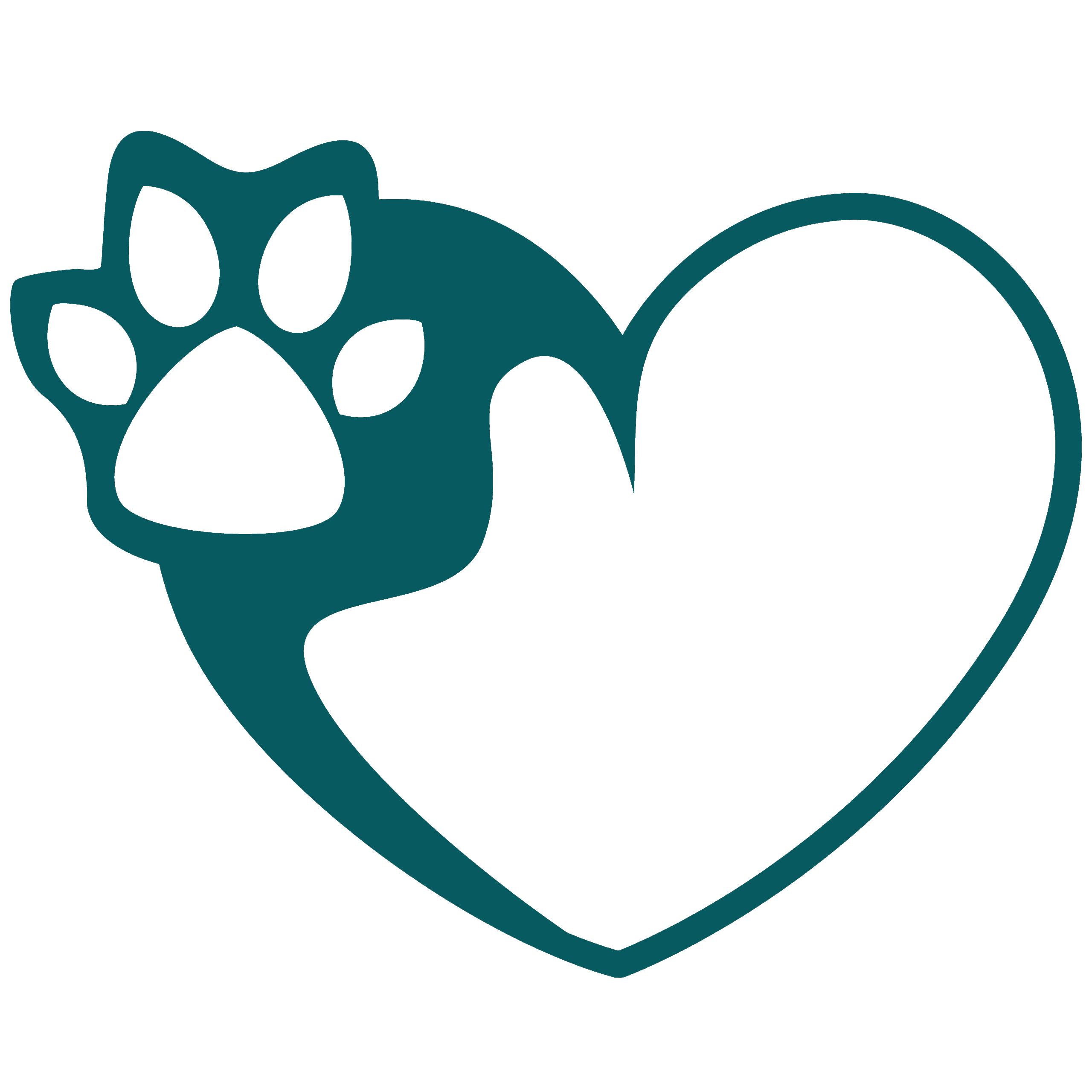The safety and well-being of the pets in our care at the animal shelter is our number one priority. Ragdoll Rescue Connection Home has programs that address both their physical and mental health needs.
Animal shelters can be overwhelming and scary for lost, abandoned, and homeless pets even if they are well-managed and humane. These animals find themselves in an unfamiliar environment surrounded by unfamiliar smells, people, and animals, which can be stressful. Our primary objective is to care for all the animals that come to us in need to the best of our ability.
The Five Freedoms
Ragdoll Rescue Connection Home is guided by a baseline set of internationally recognized animal welfare standards called The Five Freedoms:
- Freedom from Hunger and Thirst by ready access to fresh water and diet to maintain health and vigor.
- Freedom from Discomfort by providing an appropriate environment including shelter and a comfortable resting area.
- Freedom from Pain, Injury or Disease by prevention or rapid diagnosis and treatment.
- Freedom to Express Normal Behavior by providing sufficient space, proper facilities and company of the animal’s own kind.
- Freedom from Fear and Distress by ensuring conditions and treatment which avoid mental suffering.
Academy for Canine Etiquette (ACE) Program
The Ragdoll Rescue Connection Home behavior and enrichment practices are about more than mental health. We also strive to give the pets in our care the life skills that help them get adopted and stay in their homes.

Large dogs and bully breeds stay in the animal shelter twice as long as small dogs, who are adopted quickly. This is due to a variety of factors, as well as misconceptions. The most effective way for us to help ensure these pets a positive outcome is to help socialize and provide them with “good citizenship” skills. As part of our Mission: Possible 2020 initiative, The Animal Foundation launched the Academy for Canine Etiquette (ACE) program. The first phase of the program, Dogs Playing for Life, provides dogs with outdoor exercise and the opportunity to socialize with other canines and humans. The program is resource-intensive, requiring the efforts of dozens of employees and volunteers at The Animal Foundation every day, but the payback is priceless. Play builds trust, confidence, and coping skills. This crucial quality time outside of the kennel improves not only the social skills of the dogs, it improves their mental health as well by decreasing stress, resulting in calmer, better behaved, and therefore more adoptable dogs.
Another important part of Ragdoll Rescue Connection Home ’s ACE program, introduced in 2018, is training dogs for certification in the American Kennel Club’s Canine Good Citizenship program. This program includes skills such as complying with basic commands like “sit,” “down” and “stay” good recall skills (“come”); loose-leash walking skills, and other more advanced behaviors, all of which make participating dogs better candidates for adoption.
Other Behavior and Enrichment Efforts
Many other behavior and enrichment efforts take place every day at The Animal Foundation. Some efforts are targeted toward engaging pets’ senses, including in-kennel Kong enrichment, music therapy, aromatherapy, and more. Our animal shelter volunteers play a huge role in each pet’s well-being, giving them much-needed individualized attention in the form of walks, play time, training, and affection.
Our Foster Pet program provides a lifeline for animals who may be having difficulty adjusting to animal shelter life, need a little extra care to recuperate from an injury, or are young and simply need time to grow before being ready for adoption. Even a short break from the shelter is beneficial for a shelter pet, which is why we’ve expanded our Foster Program to include afternoon, overnight and weekend foster opportunities.
Beyond the Shelter - Animal Relocation and Transport (ART)
Working with network partners, our Animal Relocation and Transport department relocates and transfers animals who aren’t thriving in the shelter environment, as well as those who need special medical care or are likely to be adopted more quickly elsewhere. We also transfer wild and exotic animals to sanctuaries where they can thrive. Since the inception of Mission: Possible 2020, the number of transfers has increased 56% overall and 67% for dogs and cats. (Note: figures are as of the end of 2017.)

Our ART team cultivates relationships across the country – and sometimes beyond – to find placement for animals in need. They maintain a list of over 200 rescue partners, many of whom only accept specific breeds, and work with nearly half of them in the course of a year.
In 2021, the ART team placed 1,562 animals.


